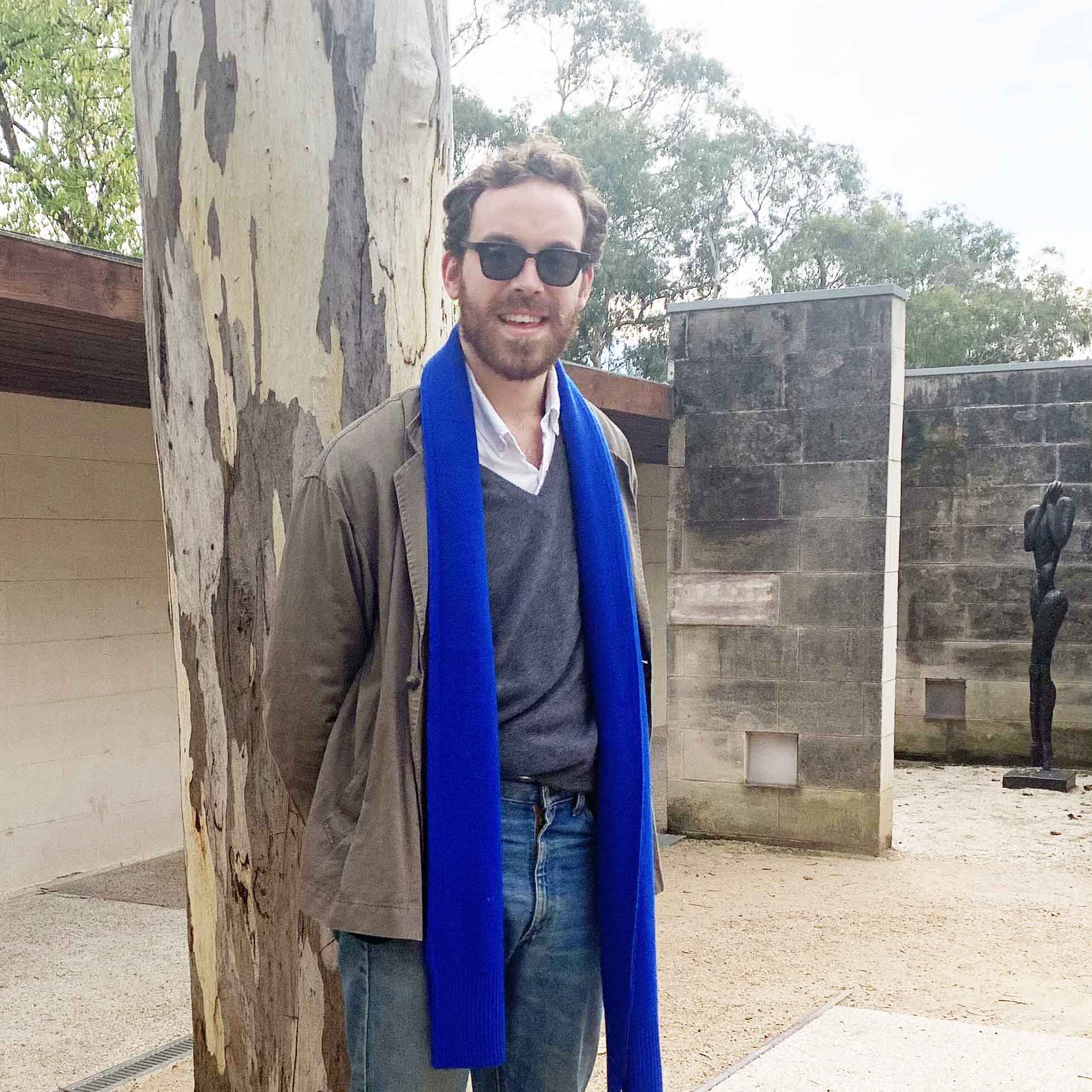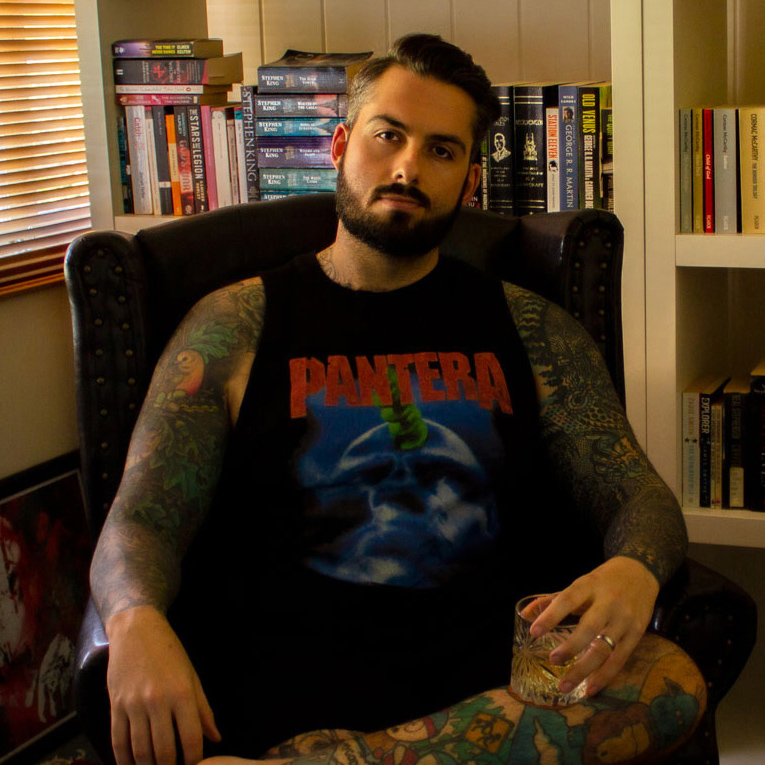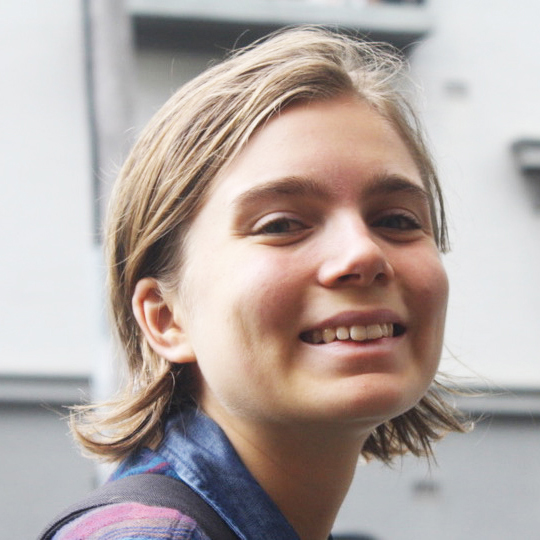In summary: a Literature Major = 16 units (ie 8 courses worth 2 units each)
A Literature Major comprises:
- 4 units for all English Literature Level 1 Compulsory Courses, and
- 6 units from English Literature Level 2 Electives Courses, and
- 6 units for all English Literature Level 3 Compulsory Courses
First year compulsory courses (complete both courses)
ENGL1500: Contemporary Literature: Reading and Writing showcases the best writing published in recent years, and focuses on the links between reading and writing. It will expose you to a range of different genres and ways of approaching literature. It is a great option for those combining English Literature, English, and / or Writing majors, or who are not sure which major to pursue after first year.
ENGL1800: Literary Classics: Texts and Traditions is designed to introduce students to the discipline of literary studies and which will take you through texts ranging from early modern drama to Romantic poetry to the 19th- and 20th-century realist novel to show how all these texts and genres engage with the issue of subjectivity.
Second year elective courses (choose 3 courses)
ENGL2040: Gothic Fiction studies one of the most influential imaginative traditions in English literature, featuring the macabre, the horrifying, the sensational, and the fantastical.
ENGL2060: Shakespeare and His Contemporaries introduces students to some of Shakespeare's most-admired and influential plays, and situates them within the rich early modern literary world. This course is highly recommended by the School of Education for students taking the BA / BEd (Secondary) leading to a teaching qualification in English.
ENGL2080 World Literature asks how literature helps readers and writers imagine their place globally, by focussing on literature in English that helps us think about transnationalism, mobility, and postcolonial / decolonial challenges to the Anglophone literary tradition.
ENGL2405: Thinking about Literature: Criticism and Theory is organized around a number of questions concerning literature (e.g. how do literary texts work: how they're constructed, what they do, the questions they raise, how they circulate and function) and a range of theorists’ answers to these questions. We strongly recommend you take this course before tackling third year courses, and if you are considering Honours.
ENGL2440: The Novel provides a history of the novel from its eighteenth-century origins to the present day and provides a critical framework to analyse this highly influential literary genre.
ENGL2630: Postmodern Literature: Fiction and Theory introduces you a range of fictional works that represent postmodern culture and to key theorists.
Third year (complete all 3 courses)
ENGL3100 Australian Literature considers recent Australian writing and the ways in which literature participates in major contemporary debates. This course is highly recommended by the School of Education for students taking the BA / BEd (Secondary) leading to a teaching qualification in English, and is also in the Studies in Australian Culture minor.
ENGL3500: Gender and Textuality studies a range of key fictional works in the field of women's writing and feminist literary theories, with an emphasis on post-1970 works. This course is also in the Gender Studies minor.
ENGL3900: The Birth of the Modern examines modern literature and influential writers and thinkers in the period 1850 to 1960.
Students in the Literature Extended Major must complete 24 units (12 courses). They take more electives in second year (10-12 units or 5-6 courses), and they have access to two extra third year courses:
ENGL3020 Journals, Repositories & Conferences is an internship course, with competitive entry requirements, that gives you the opportunity to tie what you learn in your courses to work-related practice in a range of workplaces including the UQ Library and the University of Queensland Press (depending on availability).
ENGL3030 Adaptation: Studies in Transmission Between Cultures and Forms considers the changes that occur as particular texts move between various cultural forms, including print, radio, theatre, television, and film and videogames.

 "UQ’s English Literature syllabus provided me with a very solid grounding for postgraduate study. If you’re in Year 12 and you’re a wide reader and want to get into the habit of thinking carefully about what you read, this is definitely the best degree in Queensland for you. This is due above all to the quality of teaching at UQ. My tutors and lecturers in English — people like
"UQ’s English Literature syllabus provided me with a very solid grounding for postgraduate study. If you’re in Year 12 and you’re a wide reader and want to get into the habit of thinking carefully about what you read, this is definitely the best degree in Queensland for you. This is due above all to the quality of teaching at UQ. My tutors and lecturers in English — people like  “I was a bit of a late bloomer to studying at university, so for me when it came to picking a program, it was purely just what I was interested in. English Literature does give you a very good set of skills that are interdisciplinary.”
“I was a bit of a late bloomer to studying at university, so for me when it came to picking a program, it was purely just what I was interested in. English Literature does give you a very good set of skills that are interdisciplinary.” "It's really valuable for building those critical thinking skills and the way you can think critically about information you’re getting and where it’s coming from and how it’s constructed – all of those are really valuable skills for a wide range of industries.”
"It's really valuable for building those critical thinking skills and the way you can think critically about information you’re getting and where it’s coming from and how it’s constructed – all of those are really valuable skills for a wide range of industries.”